Play is the exultation of the possible
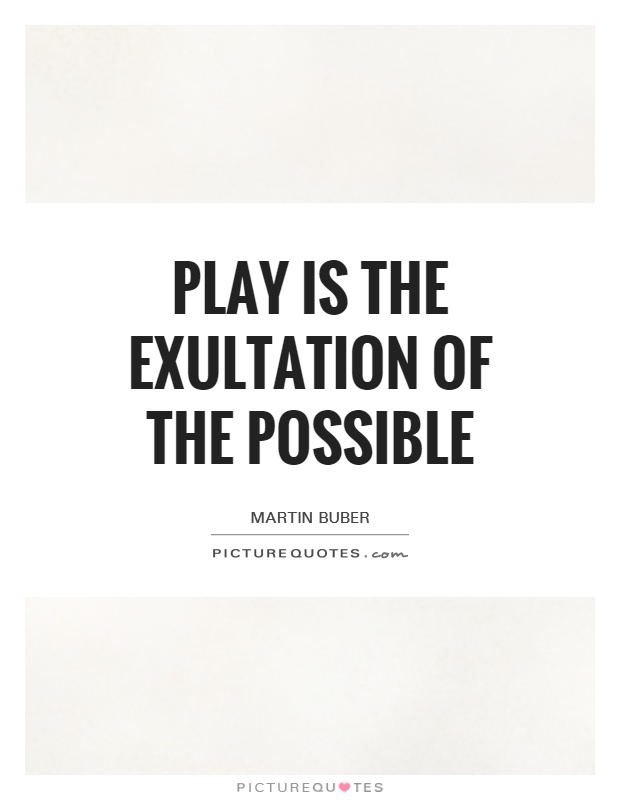
Play is the exultation of the possible
Martin Buber, a renowned Jewish philosopher and theologian, believed in the power of play as a means of connecting with the world and with others. He saw play as a way to explore the possibilities of existence and to experience the joy of being fully present in the moment. Buber famously said, “Play is the exultation of the possible,” emphasizing the transformative nature of play and its ability to open up new horizons of understanding and connection.For Buber, play was not just a frivolous activity, but a profound way of engaging with the world and with others. In his seminal work, "I and Thou," Buber explores the concept of relationality and the importance of genuine human connection. He believed that through play, individuals could transcend their egos and enter into a state of true dialogue and communion with others. Play, for Buber, was a way of breaking down barriers and fostering a sense of unity and interconnectedness.
Buber saw play as a way of tapping into the creative potential of the human spirit. He believed that through play, individuals could access their innermost selves and express their unique gifts and talents. Play was a way of celebrating the diversity and richness of human experience, and of embracing the infinite possibilities that life has to offer.
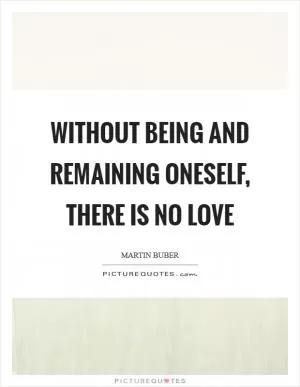
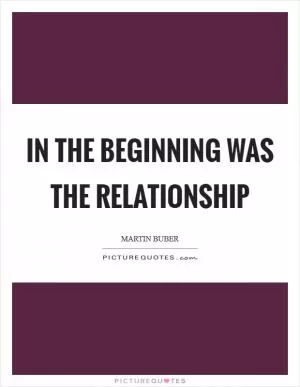

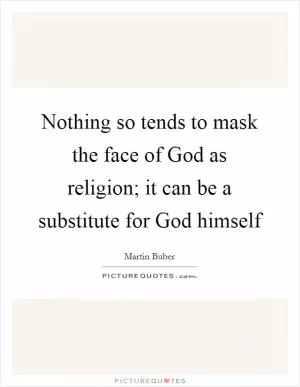
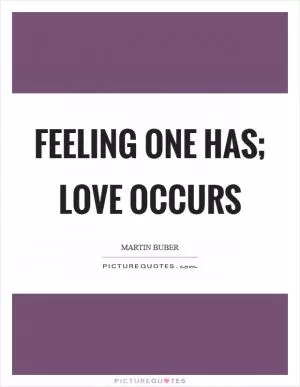
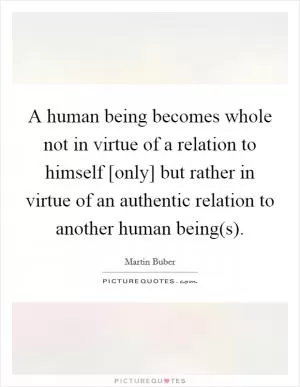
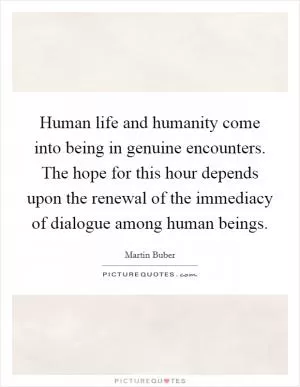

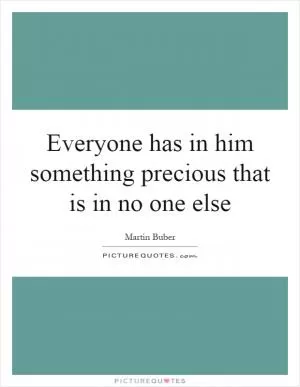


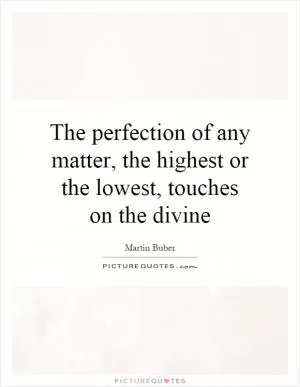
 Friendship Quotes
Friendship Quotes Love Quotes
Love Quotes Life Quotes
Life Quotes Funny Quotes
Funny Quotes Motivational Quotes
Motivational Quotes Inspirational Quotes
Inspirational Quotes